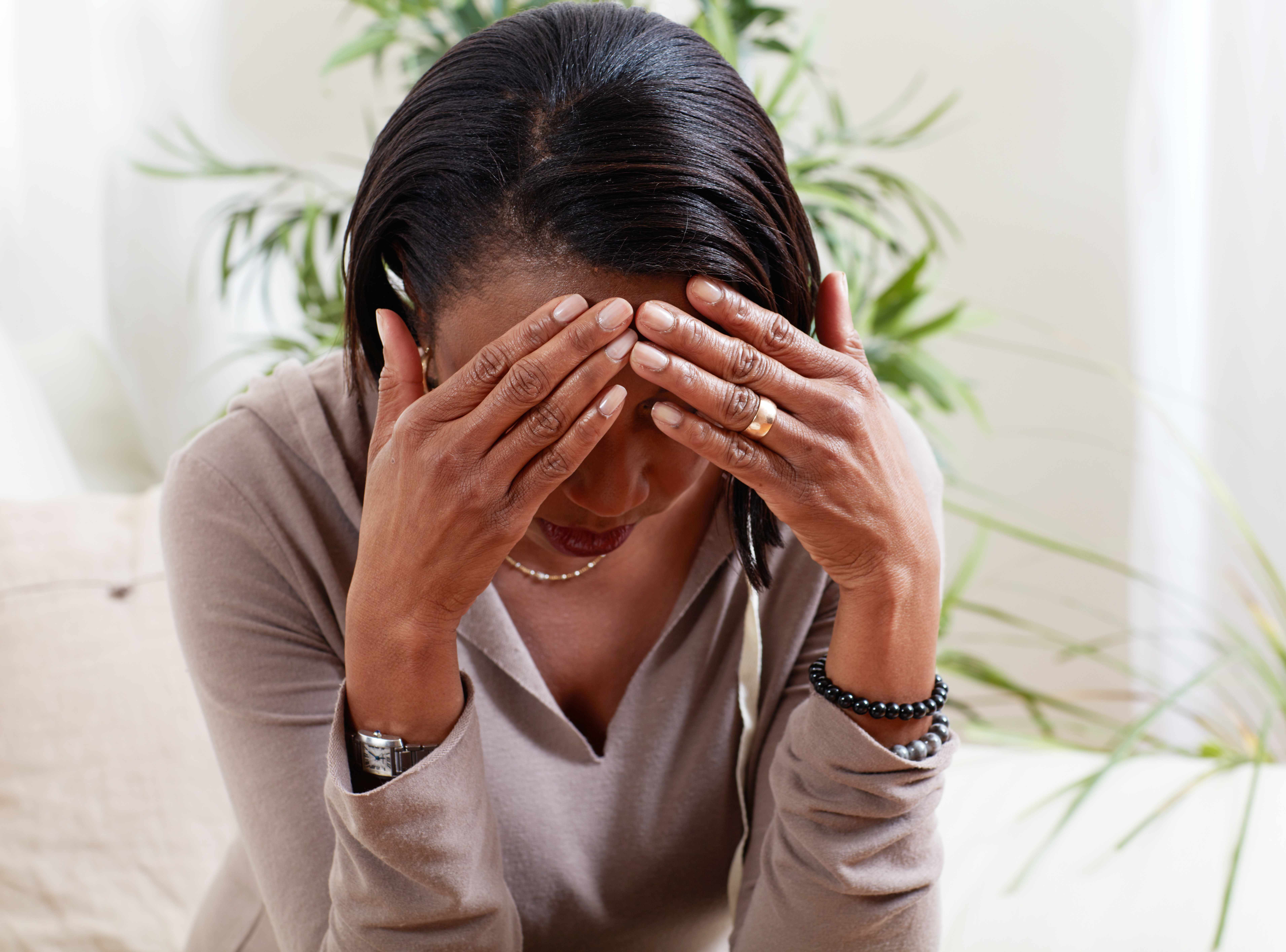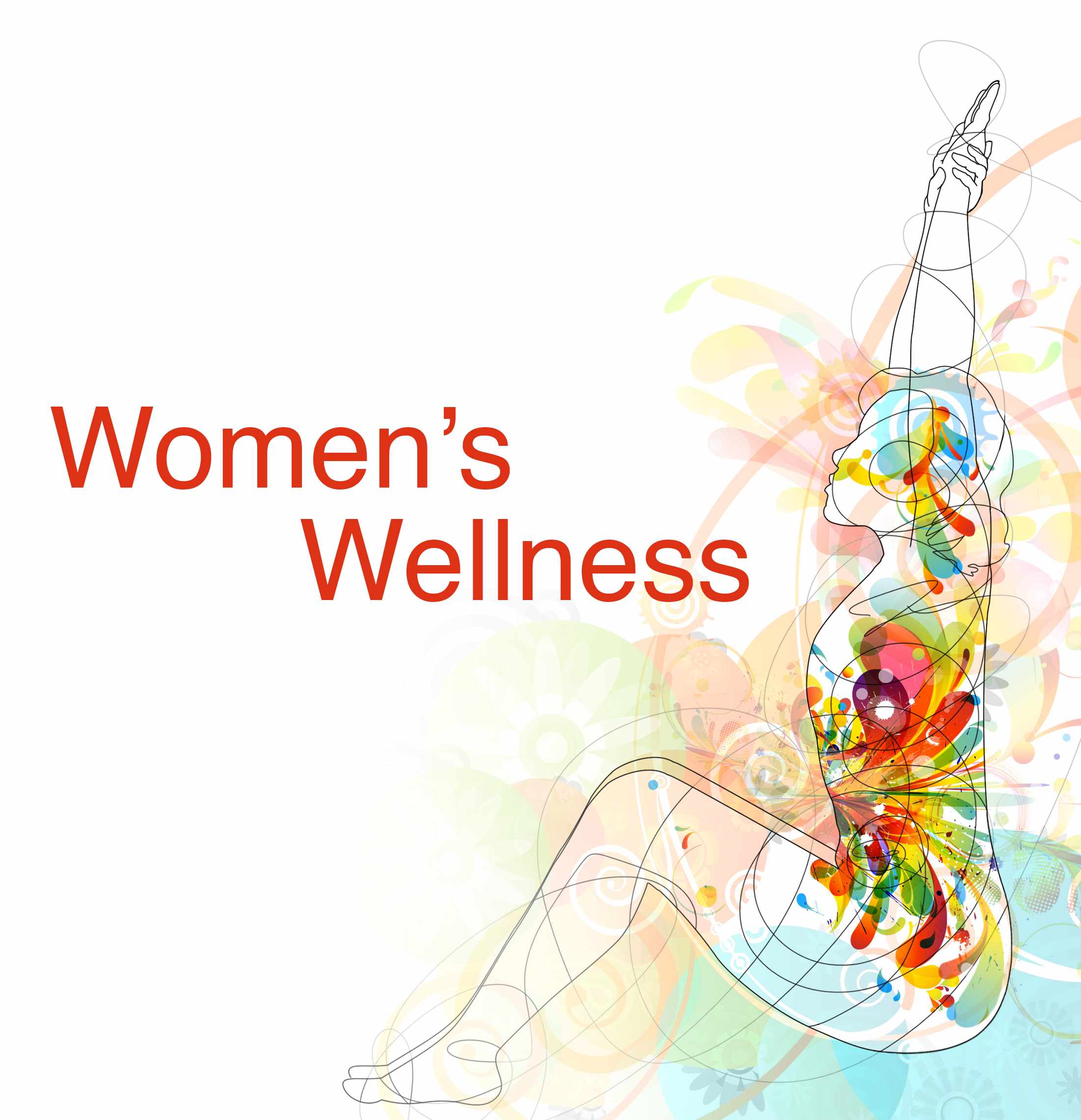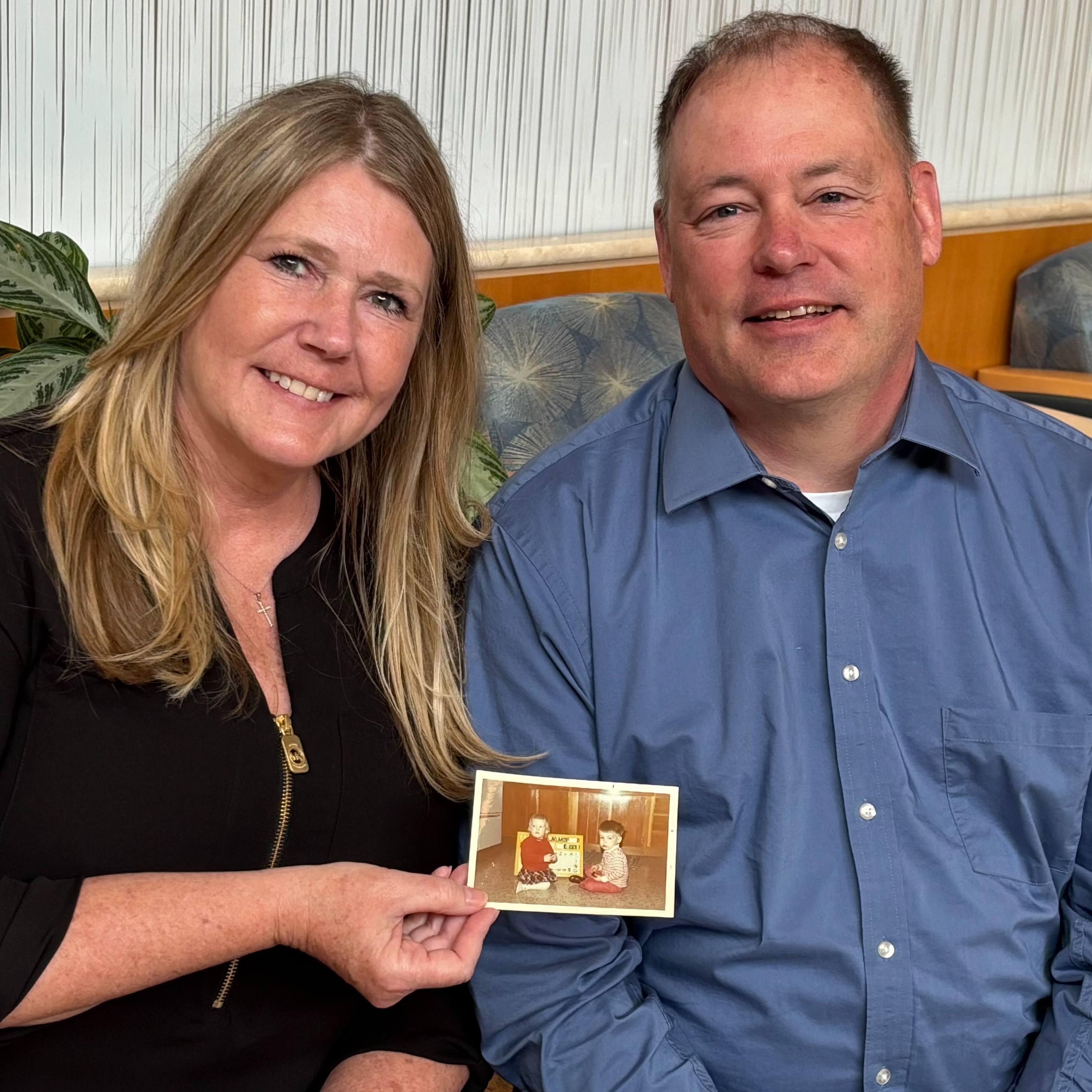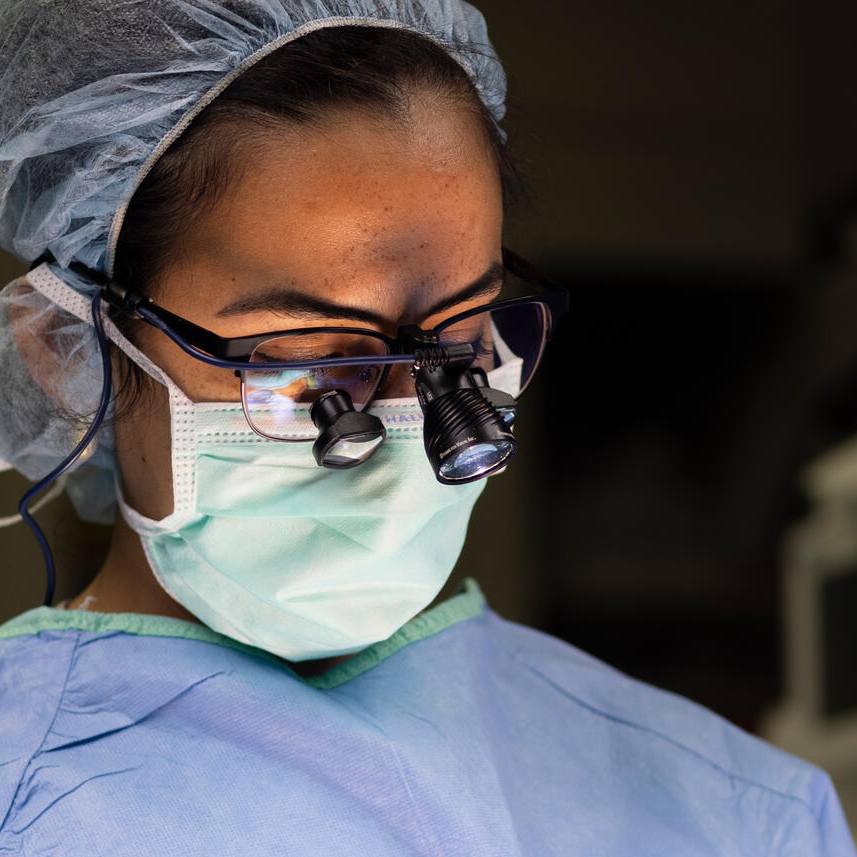-
Women’s Wellness: Facts about menopause

Menopause is defined as occurring 12 months after your last menstrual period and marks the end of menstrual cycles. It can happen in your 40s or 50s and is a natural biological process. Although menopause also ends fertility, you can stay healthy, vital and sexual. Some women feel relieved because they no longer need to worry about pregnancy. Even so, the physical symptoms, such as hot flashes, and emotional symptoms of menopause may disrupt your sleep, lower your energy or — for some women — trigger anxiety or feelings of sadness and loss.
Mayo Clinic experts say, although symptoms vary, there are three facts about menopause every woman should know. In this Mayo Clinic Minute, reporter Vivien Williams talks to Dr. Stephanie Faubion, director of Mayo Clinic's Women's Health Clinic, about menopause.
Journalists:
Symptoms
In the months or years leading up to menopause (perimenopause), you might experience these signs and symptoms:
- Irregular periods
- Vaginal dryness
- Hot flashes
- Night sweats
- Sleep problems
- Mood changes
- Weight gain and slowed metabolism
- Thinning hair and dry skin
- Loss of breast fullness
Skipping periods during perimenopause is common and expected. Often, menstrual periods will occur every two to four months during perimenopause, especially one to two years before menopause. Despite irregular periods, pregnancy is possible. If you've skipped a period but aren't sure you've started the menopausal transition, you may want to determine whether you're pregnant.
When to see a doctor
Starting at perimenopause, schedule regular visits with your doctor for preventive health care and any medical concerns. Continue getting these appointments during and after menopause.
Preventive health care can include recommended screenings at menopause, such as a colonoscopy, mammography, lipid screening, thyroid testing if suggested by your history, and breast and pelvic exams.
Always seek medical advice if you have bleeding from your vagina after menopause.








